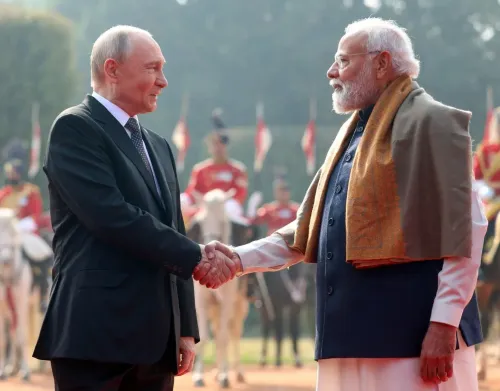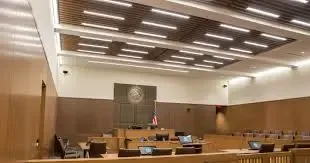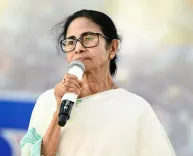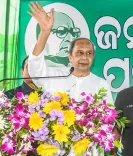How Did PM Modi and Chinese President Xi Agree to Enhance People-to-People Exchanges?
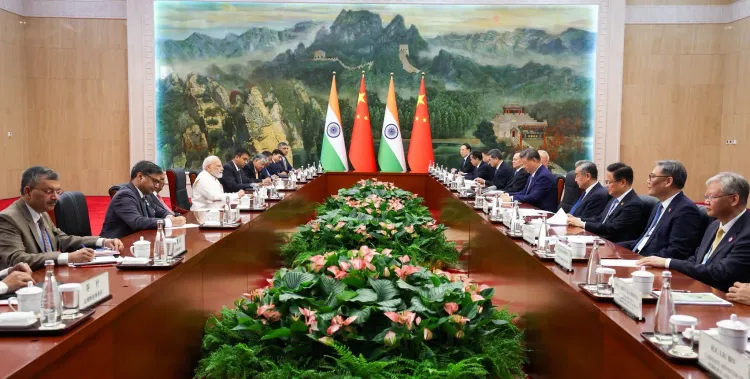
Synopsis
Key Takeaways
- Meeting at SCO Summit: PM Modi and President Xi engaged in discussions to enhance bilateral relations.
- People-to-People Exchanges: Both leaders agreed on the need to promote exchanges between citizens of India and China.
- Economic Cooperation: They emphasized the importance of economic stability for global trade.
- Boundary Peace: A commitment to maintaining peace along the border areas was reaffirmed.
- Future Engagements: Modi invited Xi to the upcoming BRICS Summit in 2026.
Tianjin, Aug 31 (NationPress) Prime Minister Narendra Modi engaged in a bilateral discussion with Chinese President Xi Jinping during the Shanghai Cooperation Organisation (SCO) Summit in Tianjin on Sunday, where they concurred on enhancing people-to-people exchanges.
Throughout their meeting, the two leaders assessed the advancements in India-China relations since their last encounter in Kazan, Russia in 2024. They reiterated that both nations are development partners rather than rivals, emphasizing that their differences should not escalate into disputes.
In a statement disseminated on X, spokesperson for the Ministry of External Affairs (MEA), Randhir Jaiswal, remarked, "PM Narendra Modi met with President Xi Jinping at the SCO Summit in Tianjin. The two leaders evaluated the progress of India-China bilateral relations since their last meeting in Kazan. Stable and friendly ties between India and China are crucial for our economic growth, for reformed multilateralism, and for a multipolar world and Asia. They supported the work of the two Special Representatives regarding the boundary issue and agreed to further promote people-to-people exchanges. Reliable economic and trade collaboration between India and China helps stabilize the global economy.
PM Modi emphasized the significance of maintaining peace and tranquility in border regions for the sustained development of bilateral relations, as noted in the MEA press release. The two leaders acknowledged the necessity of enhancing people-to-people connections through direct flights and visa facilitation, building upon the resumption of the Kailash Manasarovar Yatra and tourist visas.
According to a press release from the MEA, "The two leaders expressed satisfaction with the successful disengagement last year and the maintenance of peace and tranquility along the borders since then. They demonstrated a commitment to a fair, reasonable, and mutually acceptable resolution of the boundary issue, taking into account the political dynamics of their overarching bilateral relations and the long-term interests of both peoples. They recognized the important decisions made by the two Special Representatives in their discussions earlier this month and agreed to continue supporting their efforts."
On the subject of economic and trade relations, PM Modi and Xi Jinping acknowledged their respective economies' roles in stabilizing global trade. They stressed the need to move forward with a political and strategic approach to expand bilateral trade and investment ties while addressing the trade deficit.
The MEA further indicated, "The Prime Minister noted that both India and China pursue strategic autonomy, and their relations should not be evaluated through the lens of third countries. The two leaders deemed it essential to broaden the common ground on bilateral, regional, and global challenges, such as terrorism and equitable trade in multilateral platforms."
PM Modi expressed support for China's presidency of the SCO and the summit in Tianjin. He also extended an invitation to President Xi for the BRICS Summit that India will host in 2026. Xi Jinping appreciated the invitation and offered China's support for India's BRICS presidency.
The last engagement between the two leaders occurred during the BRICS Summit in Kazan, Russia in 2024. The breakthrough in dialogue resulted from both sides reaching an agreement on patrolling protocols along the 3,500-km-long Line of Actual Control (LAC), effectively alleviating a four-year border confrontation.


